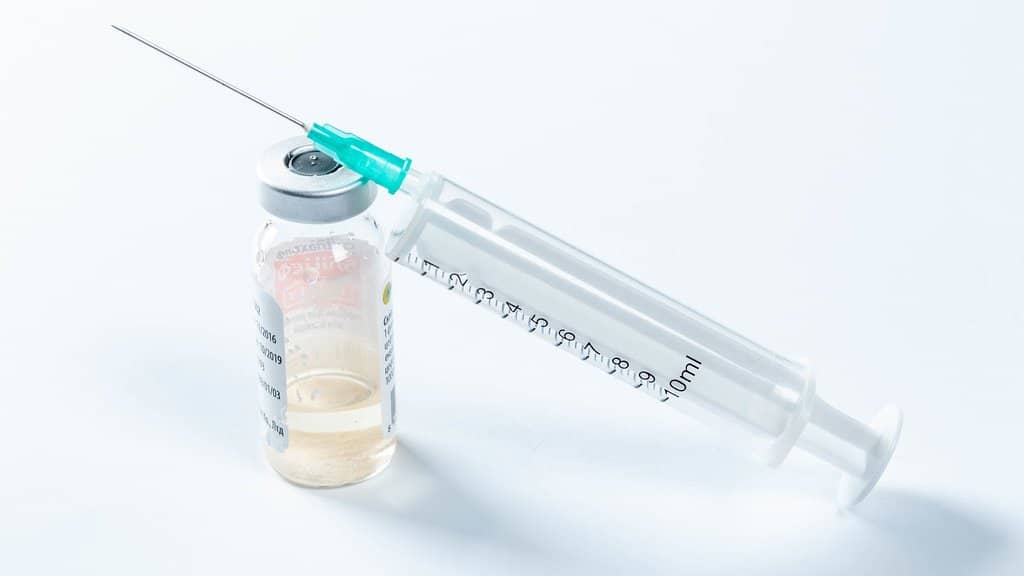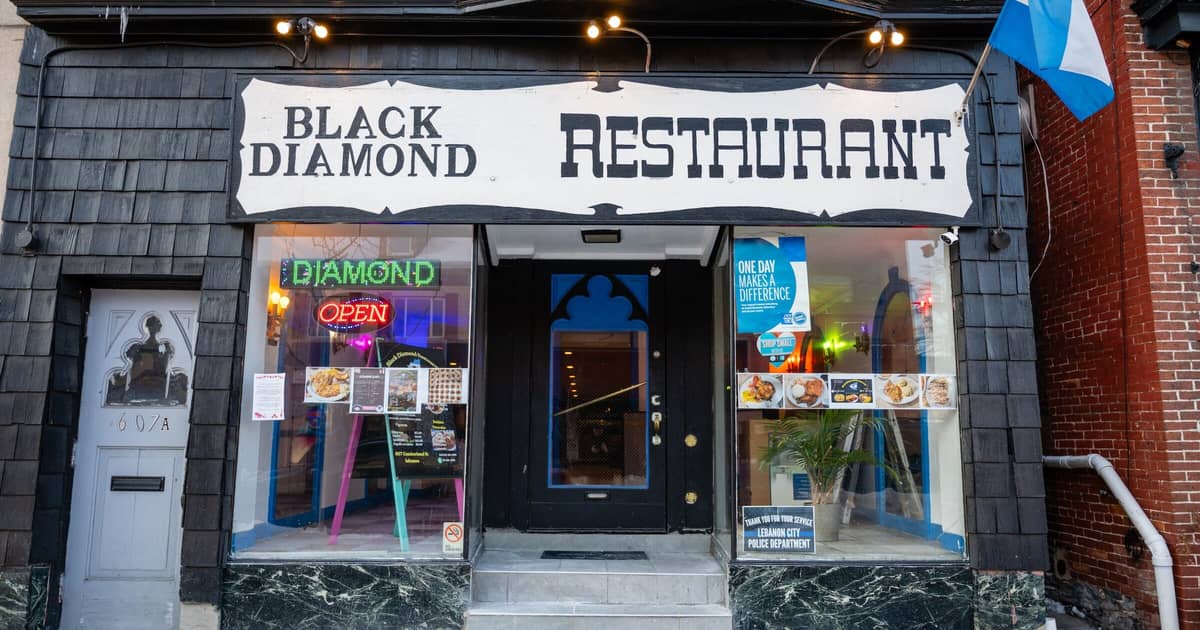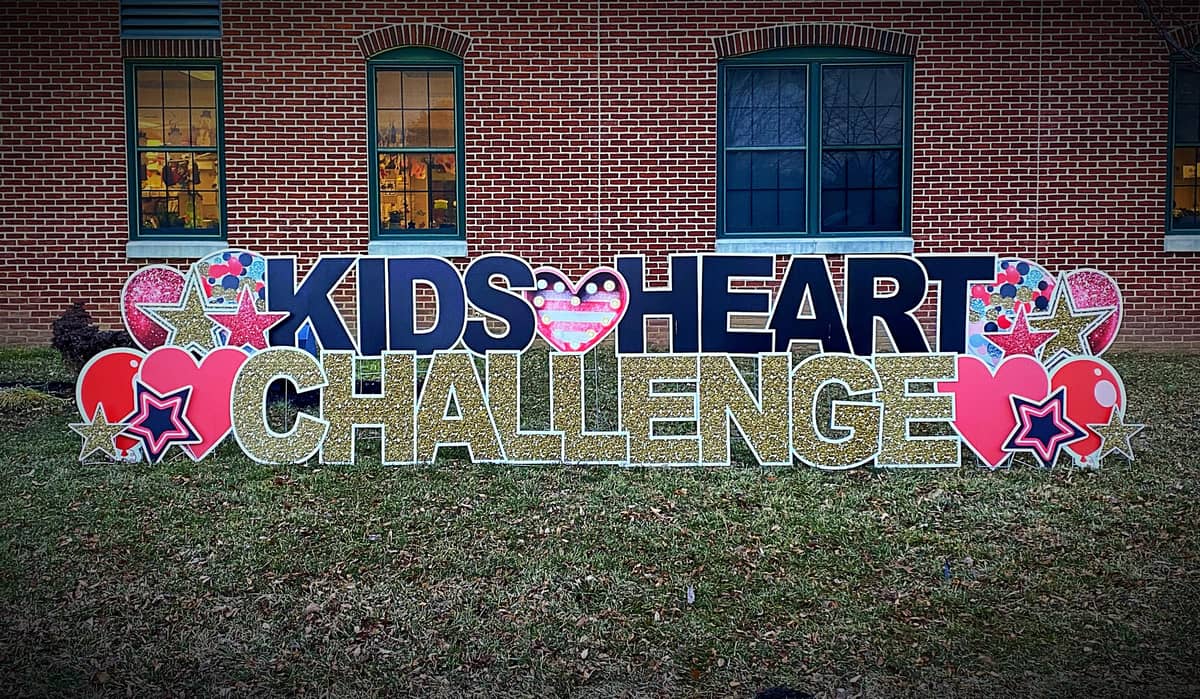It can be easy to overlook what’s obvious. Drug makers are finally producing COVID-19 vaccines, and, despite some early glitches, plans are being made for widespread inoculations. But there has to be something to transport a drug between the factory and a patient’s arm.
That “something” at its most fundamental is a small vial made from a special pharmaceutical grade glass. It might even be one of the quarter billion vials Schott Pharmaceutical Systems manufactures at its South Lebanon Township plant annually.
Schott makes “pharmaceutical primary packaging” out of glass: syringes, vials, ampoules, cartridges, and specialized tubing. The Lebanon plant is the global firm’s only pharmaceutical packaging plant in the U.S.A., and one of 17 in Schott’s worldwide network.
Glass vials for injectable drugs used for oncology, diabetes, and immunotherapy, and found in crash carts, ICUs, emergency rooms, and surgical suites throughout the nation, have traditionally been the core of the local plant’s production.
Now Schott, at Lebanon and across the globe, is manufacturing the vials as part of the fight against coronavirus.
According to Chris Cassidy, Vice President of Pharmaceutical Systems, “the Schott network, a total of 17 factories around the globe, is in the process of shipping enough vials to hold two billion doses of COVID vaccine on an annual basis.”
Cassidy added that Schott has to date “supplied vials for 75% of COVID vaccines that have made it to Phase III clinical trials.” He says that there are over 200 COVID vaccines currently under development.
While not directly a part of the U.S. government’s Operation Warp Speed, Schott supplies the vials to drug manufacturers who are. It started producing vials for coronavirus vaccines, antibodies, and anti-viral therapies in the first quarter of 2020. Due to growing demand, the lead time from order to delivery has grown from three to six months to 18 months, but Schott is keeping up with COVID orders, according to Cassidy.
That could cause problems elsewhere. “The coronavirus pandemic has cut into the total supply [of vials] for a wide variety of other therapies,” he pointed out.
The Lebanon plant takes five foot long raw glass tubes, known as “cane,” made at other Schott plants, and heats, cuts, and forms them into finished vials of various sizes. Customer drug companies then fill them, add labels, and seal them with rubber stoppers and snap-off caps.
Plant Manager Mark Gilvey says Schott Lebanon is running ’round the clock, seven days a week to get vials shipped to customers. “We take shutdowns twice a year for maintenance, and that’s it,” he said. “Otherwise, we never stop. Four crews, two 12 hour shifts.”
Gilvey is proud of his workforce. “This group of employees never stops working, so this plant never shuts down,” he said. “They’re really committed. They know they have an essential role in the healthcare industry.”
Gilvey is looking to add 30 more employees to the current workforce of 285.
Questions about this story? Suggestions for a future LebTown article? Reach our newsroom using this contact form and we’ll do our best to get back to you.

Keep local news strong.
Cancel anytime.
Monthly Subscription
🌟 Annual Subscription
- Still no paywall!
- Fewer ads
- Exclusive events and emails
- All monthly benefits
- Most popular option
- Make a bigger impact
Already a member? Log in here to hide these messages
Our community deserves strong local news. LebTown delivers in-depth coverage that helps you navigate daily life—from school board decisions to public safety to local business openings. Join our supporters with a monthly or annual membership, or make a one-time contribution. Cancel anytime.























